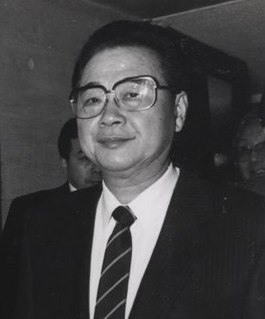A Quote by Mary Robinson
From Iraq to Guantanamo Bay, international standards and the framework of international law are being given less when they should be given more importance. I am pleased that the courts in the United States are beginning to review what has happened to those detained in Guantanamo Bay. Similarly in Iraq we need to bring our strategies back within the framework of international norms and law.
Related Quotes
The problem with the United States is that it is making an increased use of drones/Predators [which are] particularly prominently used now in relation to Pakistan and Afghanistan...My concern is that drones/Predators are being operated in a framework which may well violate international humanitarian law and international human rights law.
The international human rights framework is a vital component and engine for promoting global values. Governments have signed up to this international legal framework and we should hold them accountable, in all circumstances from environmental or labour standards, to trade talks, arms control and security issues as well as other international legal codes.
There had been a free and open election in Haiti in the early 1990s and president Jean-Bertrand Aristide won, a populist priest. A few months later came the expected military coup - a very vicious military junta took over, of which the United States was passively supportive. Not openly, of course, but Haitians started to flee from the terror and were sent back and on towards Guantanamo Bay. Of course, that is against International Law. But the United States pretended that they were "economic refugees."
The time has come for President Obama to formally rescind his order to close the detention facility at Guantanamo Bay and end his irresponsible allegations of injustices at the facility, which operates in a framework that respects the rule of law, keeps terrorists off American soil, and bolsters our national security.
I believe that the topic of chemical weapons is critically important for international peace and security, and I take note of the ongoing debate over what course of action should be taken by the international community. All those actions should be taken within the framework of the U.N. Charter, as a matter of principle.
Human rights and international criminal law both illustrate the contradictory potential of international law. On one level, the imposition of human rights norms is a restraint on interventionary diplomacy, especially if coupled with respect for the legal norm of self-determination. But on another level, the protection of human rights creates a pretext for intervention as given approval by the UN Security Council in the form of the R2P (responsibility to protect) norm, as used in the 2011 Libyan intervention. The same applies with international criminal accountability.
When something like this [2003 invasion of Iraq] takes place, the international law professionals have a complicated task. There is a fringe that just tells the truth: Look, it's a violation of international law. But most have to construct complex arguments to justify it as defense counsel. That's basically their job, defense counsel for state power.






























